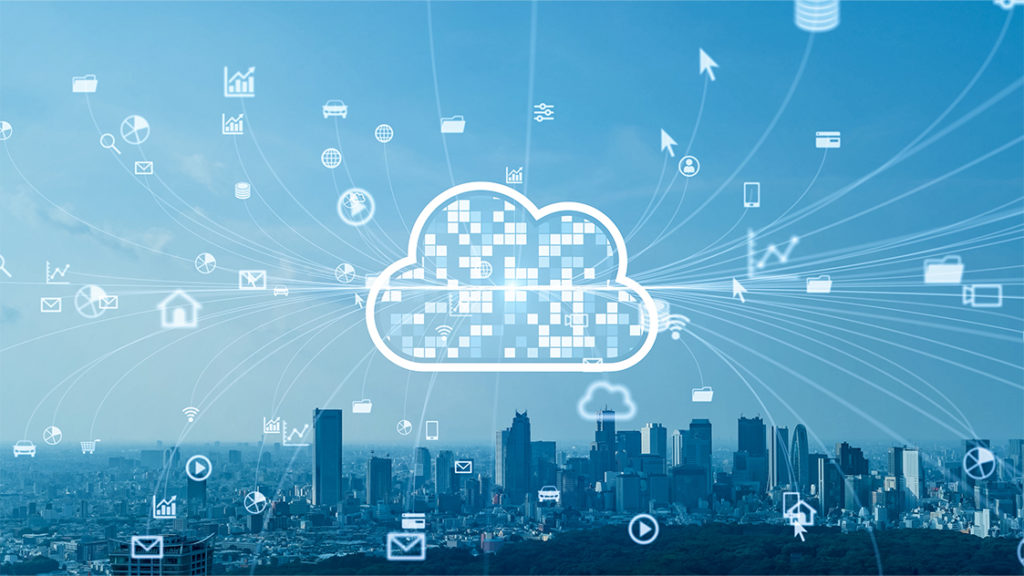Top 5 ERP Security Best Practices

There are many benefits to using ERP solutions, including robust functionality, streamlined protocols, and online availability. However, ransomware and cyberhackers are on the rise, making ERP security a top priority. Small and medium-sized businesses (SMBs) are targets because, unlike large companies, SMBs lack large-scale IT departments to handle security details. Cyberhackers use the misconception that they only target large companies to their advantage, often taking small and medium-sized businesses by surprise. ERP solutions are generally secure, but it’s always best to ensure that ERP security best practices are in place. Avoid the loss of time and money by reviewing these best practice tips to ensure that your business is in top condition to fight off unwarranted threats.
Schedule Risk Assessments
Perform a regularly scheduled risk assessment. This is a review of the company’s technology, personnel, and processes. It’s hard to know what improvements need to be made if you don’t examine the system. Results provide an overview of system weaknesses and are helpful for both cloud-based and on-premises ERP security. Keep a strong performance monitoring system in place, which includes knowing your baseline of trends and peaks (including seasons) so that there’s no question about what unusual activity looks like.
Cloud-based ERP security is a little different than on-premises ERP security but still shares the same principles. First, keep ongoing communication with your ERP vendor to ensure everyone knows that security roles and responsibilities are clearly defined. Critical functions can go unattended if all responsibilities are not clearly allocated, leaving a business vulnerable to unwanted threats.
Get the Whole-Company on Board
Support and training from upper management are essential. Without key team members on board, enthusiasm for learning and keeping up with new practices falls by the wayside. Training is most successful when it’s embraced across all levels. A strong investment in training and frequent communication makes everyone responsible for company security protocol. A good plan includes what information should be communicated, why, and to whom. Training should be an ongoing routine to ensure the inclusion of new team members and refresh information for current employees.
Implement Two-Factor Authentication
ERP security is best with Two-Factor Authentication (2FA) and attribute-based accessed controls. 2FA requires secure logins and prevents password sharing. In addition, a maintained accreditation log with authorizations and checklists for new hires, promotions, and role changes can keep unauthorized access to a minimum. The level of data access afforded to employees should also be considered, giving read-only access to your organization’s sensitive information and updating the status of workers who become lost through promotions or department changes.
Look for Updates
Look for and install software updates immediately. Leaving updates for later can put your business at risk. Updating software and installing patches keeps your ERP solution up to date and reduces risk. Create strong protection against cybersecurity threats and ransomware by checking often for updates and guidelines to be aware of new threats and what they look like. Keep staff updated on the latest phishing scams and similar schemes to prevent inadvertent missteps that give unwanted criminals access to information. Educating staff and empowering them to be watchful for unusual activity will further help protect data.
Plan for Problems
Have a disaster recovery plan and a team to answer the call for help. If a disaster strikes, team leaders must know how to respond. The longer a system is down, the more money it can cost and the more likely it is to lose sensitive data. Recovery Time is the time it takes to recover your system. How much time can you afford to lose? Recovery Point is the amount of data lost before it causes irreparable damage to a company. A good recovery plan can keep downtime to a minimum before reaching the limits of irrecoverable damage.
If you would like more information about cloud-based or on-premises ERP solutions, give our experienced team a call at 412-562-9660 or email info@decision.com.
Similar Blogs

Chips, drugs, and steel — how to prepare for Trump tariffs

How Steel Manufacturers Forge Ahead with Infor CloudSuite Industrial ERP





